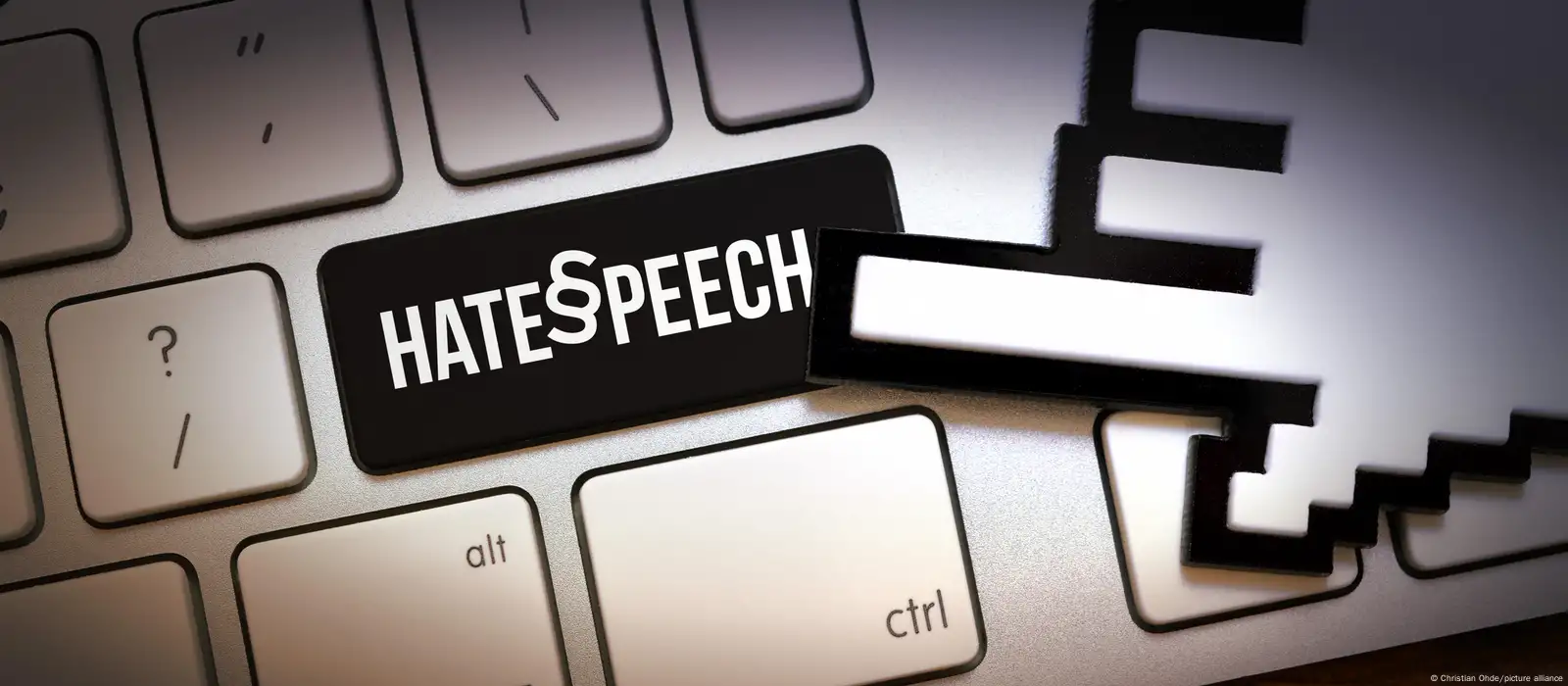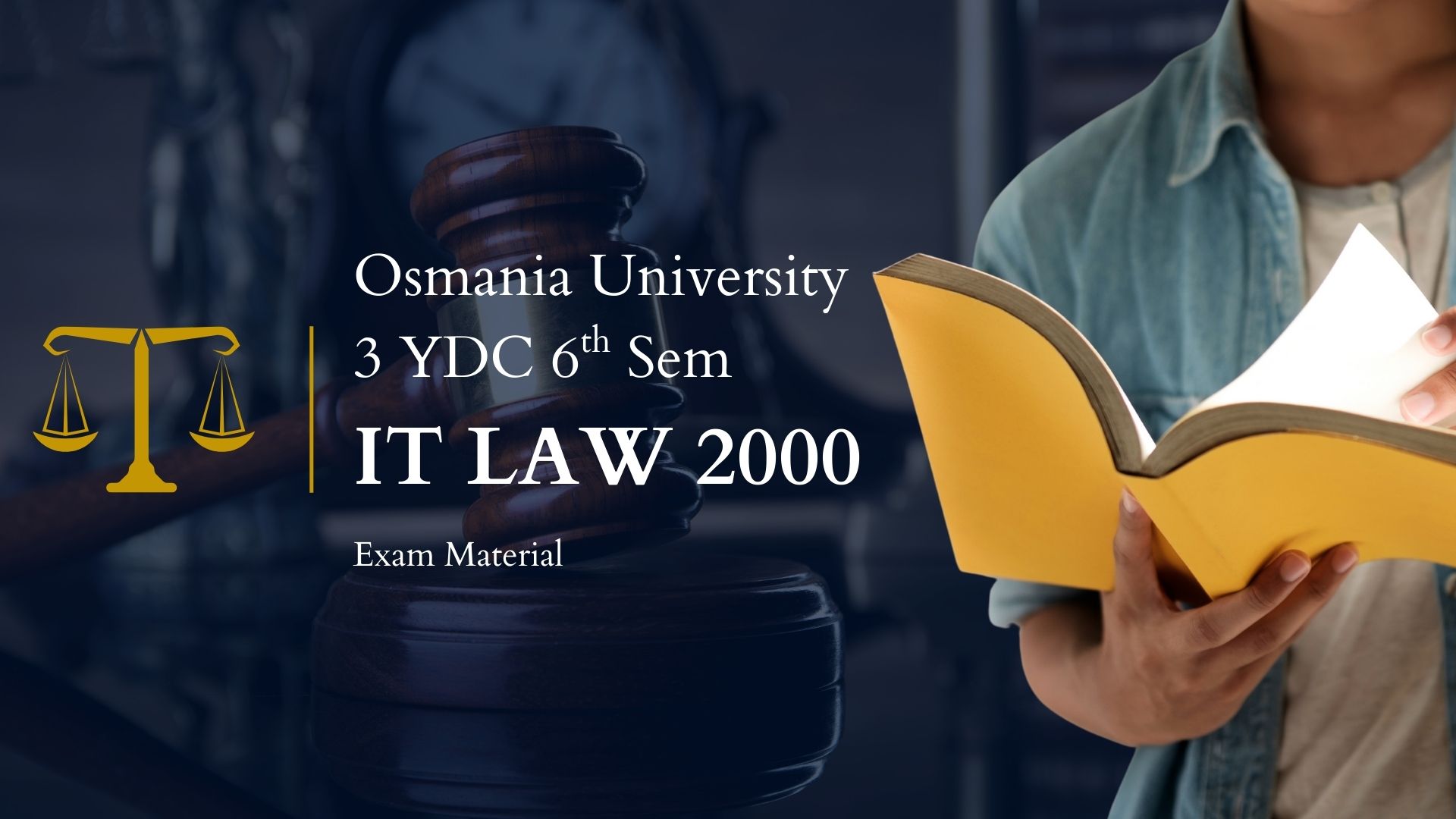Hate speech refers to any communication—whether spoken, written, or online—that incites hatred, violence, or discrimination against a person or group based on attributes such as:
- Religion or caste
- Race or ethnicity
- Gender or sexual orientation
- Nationality or language
- Political or ideological beliefs
When such speech is shared through digital platforms like social media, websites, blogs, emails, or messaging apps, it becomes online or internet-based hate speech.
Forms of Hate Speech on the Internet
- Social media posts promoting communal or caste-based hatred
- Comments inciting violence or abuse
- Fake news or manipulated videos targeting groups
- Online threats or cyberbullying
- Use of memes or hashtags to promote discriminatory views
- Trolling and coordinated abuse campaigns
Impact of Online Hate Speech
- Social unrest or riots
- Mental trauma for targeted individuals
- Polarization of communities and public opinion
- Damage to democratic discourse
- Radicalization and recruitment by extremist groups
Legal Provisions in India
Though the Information Technology Act, 2000 doesn’t directly define “hate speech”, several laws work together to address it:
1. IT Act, 2000
- Section 66A (now struck down) – Earlier penalized sending offensive messages electronically.
- Section 69A – Empowers the government to block online content that threatens public order, sovereignty, or morality.
- Section 67 – Punishes publishing obscene or sexually explicit material online.
2. Indian Penal Code (IPC)
- Section 153A – Promoting enmity between different groups on grounds of religion, race, language, etc.
- Section 295A – Deliberate and malicious acts intended to outrage religious feelings.
- Section 505 – Statements that cause public mischief or incite violence.
- Section 124A – Sedition for speech against the government (used controversially).
3. Representation of People Act, 1951
- Penalizes hate speech during election campaigning that can affect public order.
Punishments
Depending on the section invoked, punishments may include:
- Imprisonment: Up to 3–5 years, or more in severe cases
- Fines: As determined by the court
- Content Takedown Orders: By the government or court
- Blocking of websites or social media accounts
Challenges in Tackling Online Hate Speech
- Lack of clear legal definition of “hate speech” in Indian law
- Borderless nature of the internet makes enforcement difficult
- Anonymity of users makes identification hard
- Conflict with Freedom of Speech under Article 19(1)(a)
- Slow legal response and undertrained police
- Use of foreign social media platforms not always cooperative
Balancing Free Speech and Regulation
The Indian Constitution guarantees freedom of speech, but with reasonable restrictions under Article 19(2) in the interest of:
- Public order
- Morality
- Security of the State
- Friendly relations with foreign states
So, hate speech is not protected speech if it crosses the line and causes real-world harm or incites violence.




